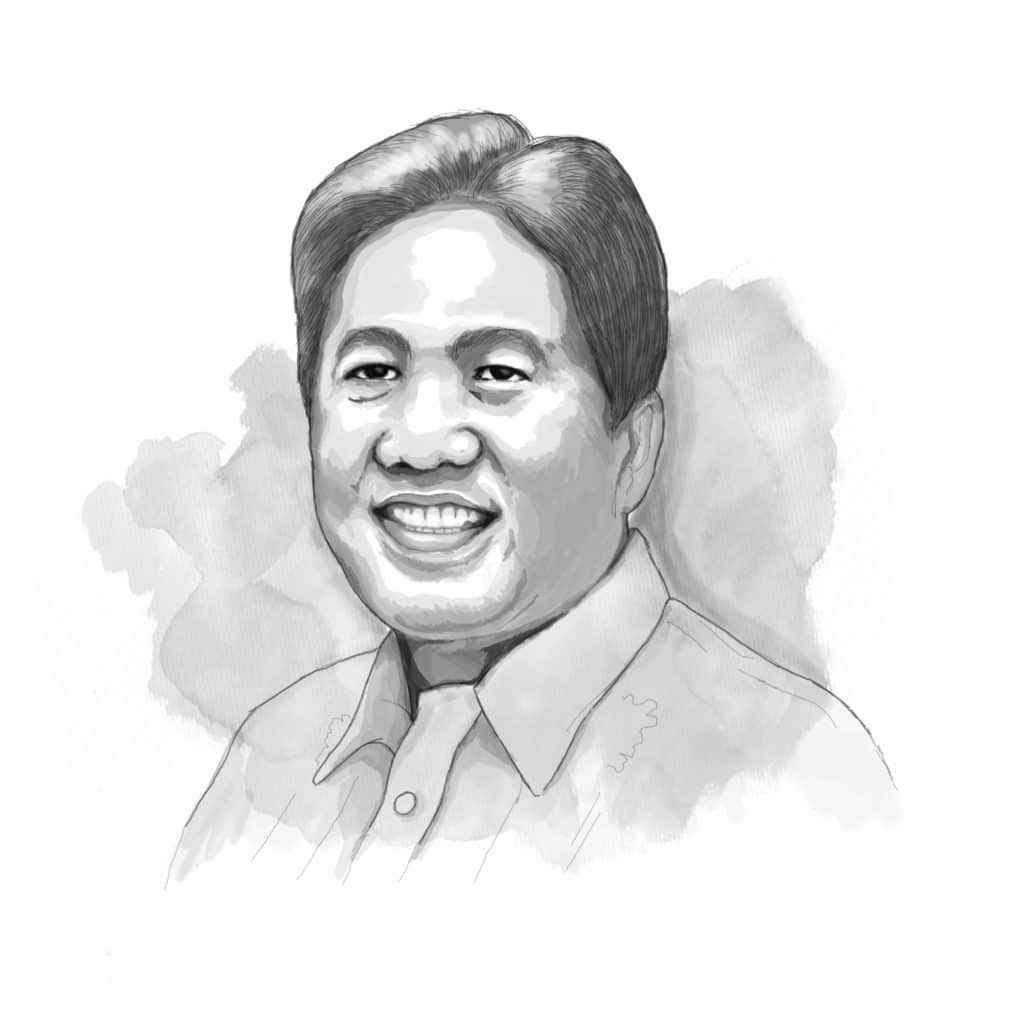ENDEAVOR

Ahead of the observance of World Maritime Day today, Sept. 26, President Marcos signed into law last Monday Republic Act 12021, the Magna Carta of Filipino Seafarers. The Philippines occupies a vital position as the largest supplier of maritime labor that is, in turn, a leading foreign currency generator for the country and a main livelihood source for thousands of Filipino families.
The new law conforms with international legislation and standards, specifically, the Standards for Training and Certification and Watchkeeping (STCW), a critical compliance factor for global recognition of Filipino seafarers’ competency.
According to the Baltic and International Maritime Council (BIMCO) and International Chamber of Shipping (ICS) Seafarer Workforce Report in 2021, the Philippines is the largest supplier of seafarers for both officers and ratings, followed by the Russian Federation, Indonesia, China, and India.
Rep. Marissa Magsino, OFW Party List representative, points out: “From navigating the world’s oceans to facilitating international trade, Filipino seafarers have played a vital role in driving the maritime sector forward. Their dedication, hard work, and resilience have not only contributed to the growth of our economy but have also strengthened our position as a key player in the global shipping industry.”
I had the opportunity to serve as undersecretary for maritime affairs at the transportation department during the Estrada administration, during which I witnessed first-hand the challenges facing Filipino seafarers. Two decades ago, a major concern was the subpar quality of maritime education due to the proliferation of diploma mills that attracted many students who were eager to join the ranks of seafarers in quest of a better life for their families.
While providing a comprehensive framework for preserving and improving the rights and welfare of Filipino seafarers in local and international shipping, the new law aims to improve seafarers’ education, training, and cadetship programs to improve mariners' skills.
The enactment of this landmark legislation addresses the decades-long concern on harmonizing all the government agencies that provide touchpoints or interfaces with prospective, incumbent and former seafarers. These are: The Commission on Higher Education, Department of Foreign Affairs, Maritime Industry Authority (MARINA), Philippine Coast Guard, Department of Labor and Employment, and the Department of Migrant Workers that now includes the Overseas Employment and Workers Administration (OWWA) and the Philippine Overseas Employment Administration (POEA).
MARINA’s mandate is “to oversee maritime education with powers to accredit, regulate, and monitor education and training institutions offering maritime degree programs and technical courses.” The new law responds directly to foreign employers’ concerns regarding the education, training and competency of Filipino seafarers.
In this aspect, the Norwegian Training Center (NTC) housed within the TESDA complex in Taguig City is the standard-bearer of world-class competency programs. Recently, the NTC hosted the FRAMO Laboratory inauguration on May 17, signifying a significant leap forward for the local maritime training sector in adopting state-of-the-art technology in technology and training excellence attuned to the needs of the global tanker industry.
In 2008, the Philippine Quality and Productivity Movement conferred a Mastery in Quality Management recognition on NYK-Fil Ship Management Corporation, a joint venture between NYK Shipping of Japan and the Transnational Diversified Group headed by Roberto Delgado.
I recall that prior to 2000, there was serious concern on the part of the International Maritime Organization (IMO) member-states regarding competency issues among Filipino seafarers. This prompted a visit to the Philippines by IMO Secretary-General William O’Neill who was assured by then Transportation Secretary Vicente Rivera, Jr. of earnest efforts to level up maritime education facilities in the Philippines.
Mr. O’Neill visited the modern facilities of the Maritime Academy of Asia and the Pacific (MAAP) at Kamaya Point in Mariveles, Bataan. MAAP enjoys the distinction of being the first Philippine maritime academic institution to be certified under the ISO 9001:2015 global standards. The certification was issued by the DNV-GL, the merger of Det Norske Veritas of Norway and Germanischer Lloyd of Germany, two prominent global quality certification organizations.
From Bataan, Mr. O’Neill and party were flown by chopper to San Narciso, Zambales, site of the Philippine Merchant Marine Academy (PMMA), the premier government maritime educational institution. Even as Mr. O’Neill came away from the visit with a clearer view of the Philippines’ earnest efforts to meet global standards in maritime education, continuing concerns on consistency of training and education, as well as issues affecting the welfare and well-being of Filipino seafarers persisted over the next two decades.
In 1998, the Philippines earned a place in the 20-seat Category C of the IMO Council, the policy making body of the IMO Assembly consisting of all member-states, a position it has kept consistently since then. Our current term is until 2025, together with the terms of other ASEAN states, namely, Indonesia, Malaysia, and Singapore. Category C involves States “which have special interests in maritime transport or navigation, and whose election to the Council will ensure the representation of all major geographic areas of the world.”
In Category A are the 10 States with the largest interest in providing international shipping services, namely: China, Greece, Italy, Japan, Liberia, Norway, Panama, Republic of Korea, United Kingdom, and the United States. In Category B are the 10 States with the largest interest in international seaborne trade.
After signing the new law, President Marcos emphasized that the promotion of the seafarers’ welfare and well-being was a primordial concern of the government. He said that continuous skills upgrading was critical in promoting the seafarers’ career growth and competitiveness in the global shipping industry. Noting the multiple conflict flashpoints in the high seas, he assured them that the government “would sail with you every step of the way, until you find your way home safely back.”